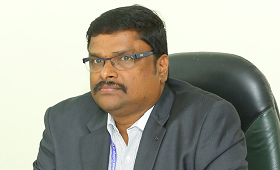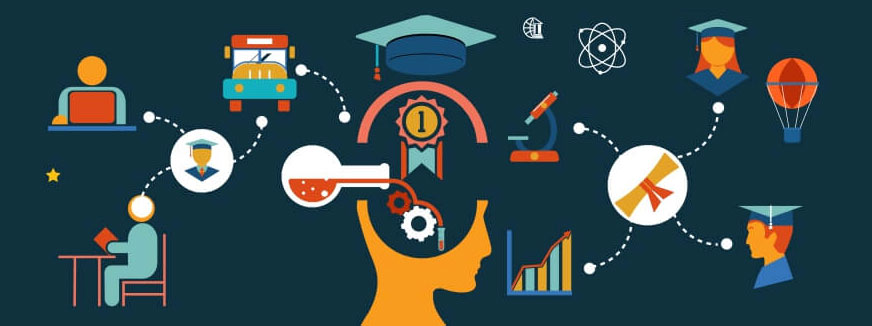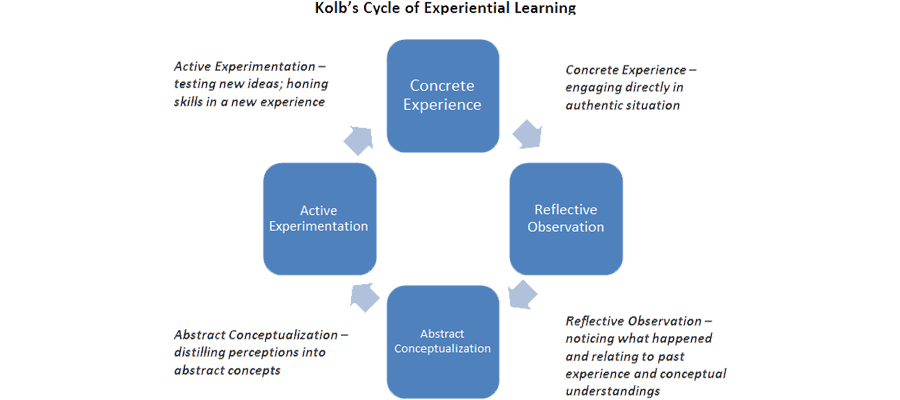Experiential Learning (ExL)
Experiential learning is, in essence, the process of developing new skills or knowledge through doing, rather than reading, watching or listening. It is the most natural and effective way that we learn. As such, experiential learning has much better rates of engagement, long-term retention and transferability than other methods of learning. Experiential learning lends itself to richer skill development.
We provide the opportunity for active experimentation and concrete experience through a variety of carefully designed projects-based learning experiences, problem-based learning experiences, game-based learning experiences, laboratory experiments, service-based learning and other activities.
In a world where technology is increasingly capable, the skills most need in students are ExL power skills, which relate to mindset, creativity, leadership and self management.
Well-planned, supervised and assessed experiential learning programs can stimulate academic inquiry by promoting interdisciplinary learning, Strong technical skills in engineering design and computation with key business skills to business model generation.
Center for Learning and Educational Technologies (CLET) of IARE design and teach FIVE ExL power skills courses, to shape the student’s future.
Kolb's Cycle of Experiential Learning Implementation
How does it work?
In 1984 Social Psychologist and adult educator, David Kolb published the Experiential Learning Theory which states that “learning is the process whereby knowledge is created through the transformation of experience. Knowledge results from the combination of grasping and transforming experience”.
Kolb’s (1984) cycle of learning depicts the experiential learning process
This process includes the integration of:
- Knowledge — the concepts, facts, and information acquired through formal learning and past experience
- Activity — the application of knowledge to a “real world” setting and
- Reflection — the analysis and synthesis of knowledge and activity to create new knowledge”
What does experiential learning look like?
Experiential learning has the following elements:
- Experiences are carefully chosen for their learning potential (i.e. whether they provide opportunities for students to practice and deepen emergent skills, encounter novel and unpredictable situations that support new learning, or learn from natural consequences, mistakes, and successes).
- Throughout the experiential learning process, the learner is actively engaged in posing questions, investigating, experimenting, being curious, solving problems, assuming responsibility, being creative, and constructing meaning, and is challenged to take initiative, make decisions and be accountable for results.
- Reflection on learning during and after one’s experiences is an integral component of the learning process. This reflection leads to analysis, critical thinking, and synthesis (Schon, 1983; Boud, Cohen, & Walker, 1993).
- Learners are engaged intellectually, emotionally, socially, and/or physically, which produces a perception that the learning task is authentic.
- Relationships are developed and nurtured: learner to self, learner to others, and learner to the world at large.
Teaching-Learning Process (General Instructions)
These are sample Strategies; which ExEED faculty can use to accelerate the attainment of the various course outcomes.
- Lecturer method (L) does not mean only the traditional lecture method, but a different type of teaching method may be adopted to develop the outcomes.
- Encourage collaborative (Group Learning) Learning in the class.
- Ask at least three HOTS (Higher-order Thinking) questions in the class, which promotes critical thinking.
- Ideas will be introduced in multiple representations.
- Show the different ways to solve the same problem and encourage the students to come up with their own creative ways to solve them.
- Discuss how every concept can be applied to the real world - and when that's possible, it helps improve the students' understanding.





 Work with Us
Work with Us Campus Map
Campus Map How to Reach Us
How to Reach Us Online Degree Verification
Online Degree Verification Photo Gallery
Photo Gallery